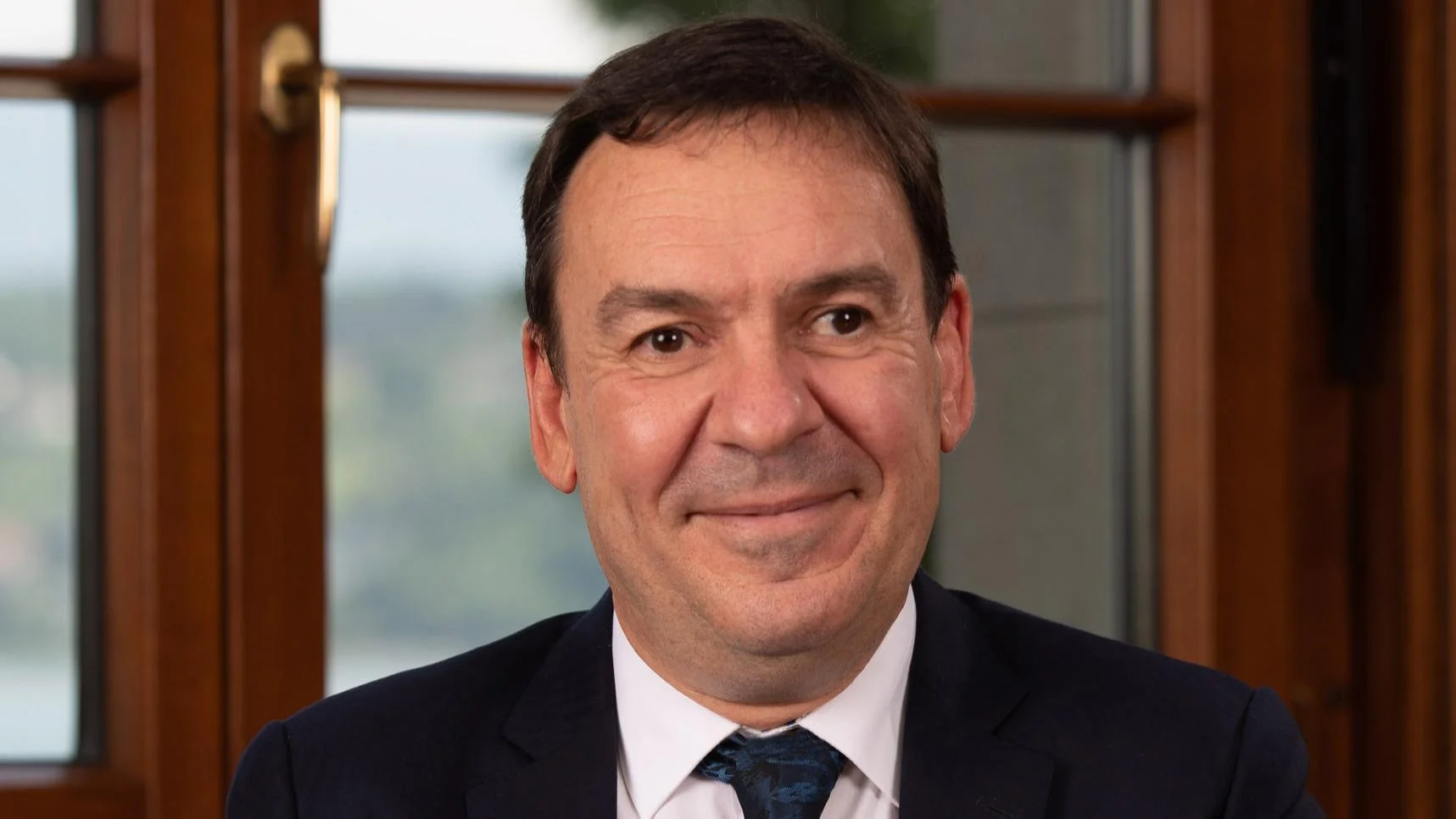On March 26, over 60 students from various parts of the world participated in the final session of "Model WTO," a week-long simulation of World Trade Organization (WTO) negotiations. This event is organized annually by students from St. Gallen University with support from the WTO.
From March 20 to 26, university students representing 35 economies took part in the 27th edition of "Model WTO" held in St. Gallen and Geneva, Switzerland. The exercise involves intensive negotiation sessions where each student acts as a representative of a WTO member country, working within committees to draft a final conference resolution.
The theme for Model WTO 2024 was focused on subsidies and their impact on trade, along with the regulatory role of the WTO concerning these subsidies. Students engaged in discussions across different committees on topics such as "non-actionable" subsidies, transparency and notification requirements related to subsidies, environmentally supportive versus harmful subsidies, and subsidies' role in the services sector. Participants received guidance from both the WTO Secretariat and delegations they represented.
During the closing ceremony at the WTO headquarters on March 26, experts addressed challenges facing both the organization and multilateralism at large. Audrey Goosen, Deputy Permanent Representative of the Netherlands to the WTO, emphasized realistic expectations for future work while asserting that there is no alternative to the WTO. Pierre Sauvé from the World Bank spoke about adopting more flexible decision-making processes at the organization. Anne-Katrin Pfister from the World Economic Forum expressed strong support for ongoing efforts at the WTO and suggested focusing more on digital economy issues and trade-climate policy links.
All panelists commended students for their enthusiasm and dedication towards finding multilateral solutions to global challenges. They noted that with active involvement from future generations, multilateralism can continue to thrive.
The Model WTO event receives robust backing from its namesake organization because it provides upcoming decision-makers an opportunity to deepen their understanding of international trade systems while experiencing negotiation dynamics firsthand.

